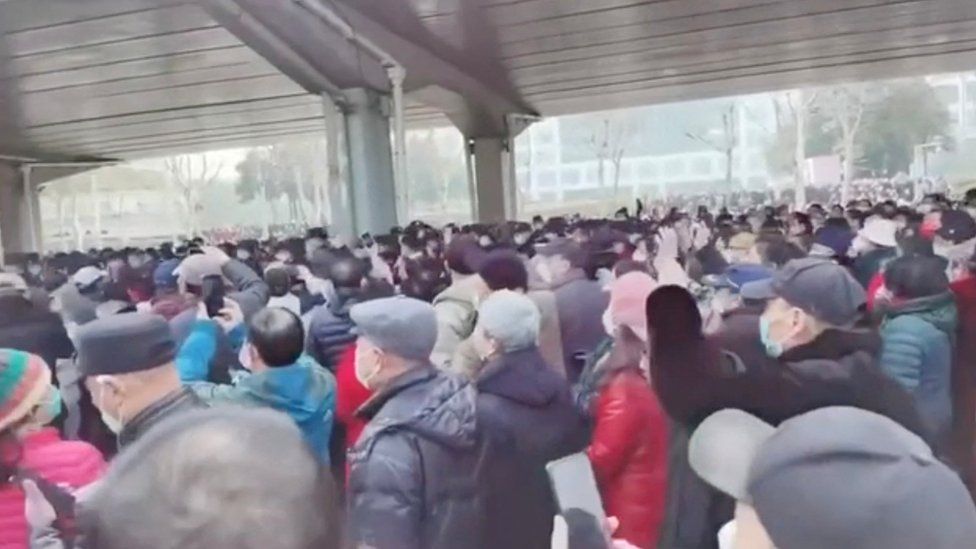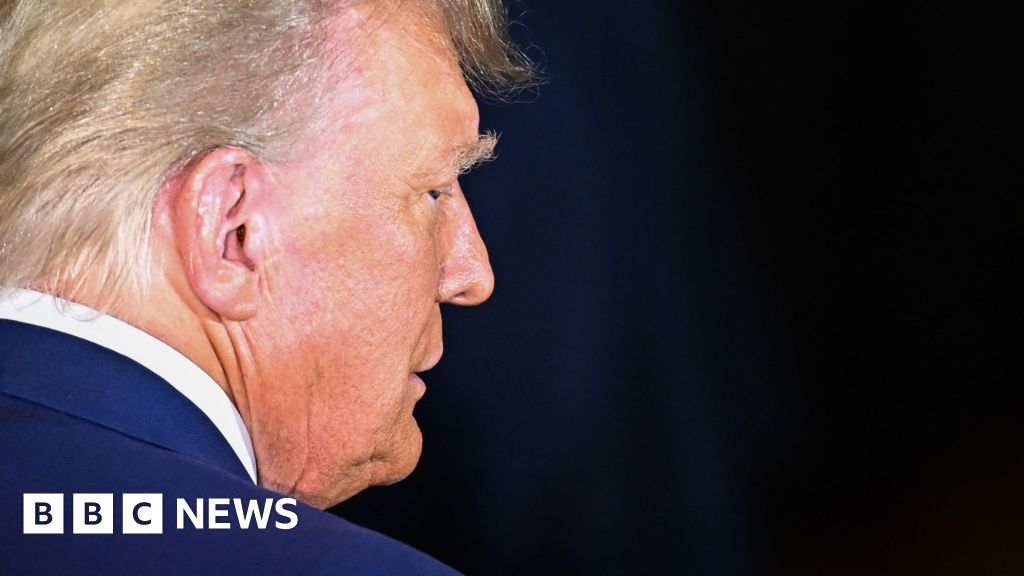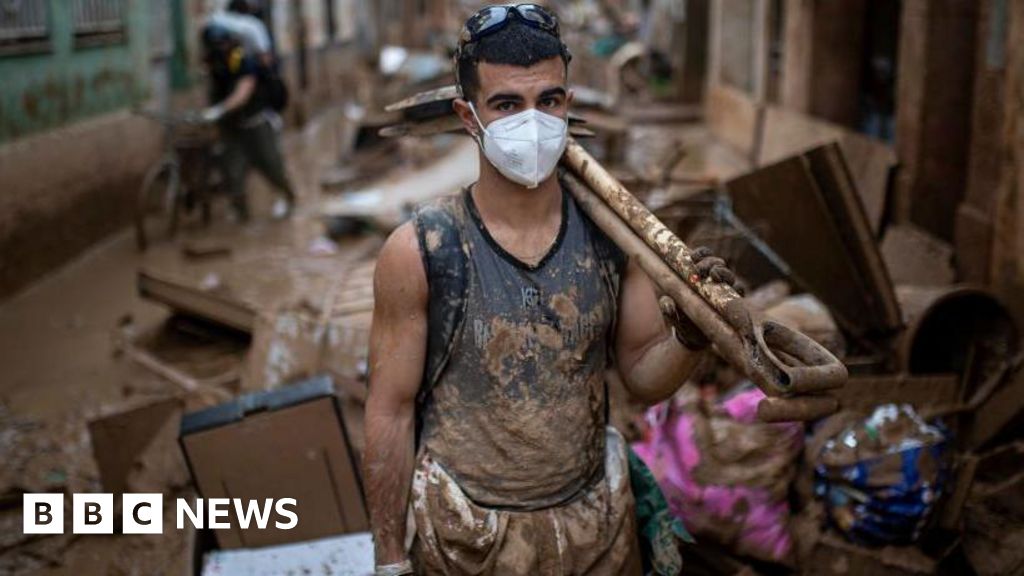ARTICLE AD BOX
 Image source, Reuters/ Social media grab
Image source, Reuters/ Social media grab
This is the second round of protests in seven days in Wuhan
By Stephen McDonell
China correspondent
Crowds of retirees in China have again taken to the streets to protest against cuts to their medical benefits.
They gathered on Wednesday for a second time in Wuhan, where Covid was first detected, and also in the north-eastern city of Dalian.
The second round of protests in seven days puts pressure on President Xi Jinping's administration just weeks before the annual National People's Congress, which will usher in a new leadership team.
Protests first took place in Wuhan on 8 February after provincial authorities said they were cutting the level of medical expenses which retirees can claim back from the government.
Social media footage shows the protesters to be largely elderly retirees, who say this comes at a time of soaring healthcare costs.
Although such health insurance matters are handled at a provincial level, protests have spread to different parts of the country in what appears to be a renewed belief in the power of demonstrating in China.
At the end of last year, thousands of young Chinese took part in protests that eventually forced the government to overturn its strict zero-Covid measures - people had grown weary of the mass testing and sudden, sweeping lockdowns that had been smashing the economy.
But the abrupt change in policy placed China's medical system under enormous strain, as the coronavirus quickly spread through the country. It led to an unknown number of deaths and reporting by the BBC appeared to show that a vast majority of those who died were elderly.
The changes to health benefits for retirees, which officials have described as reforms, come just as China emerges from that brutal Covid wave.
The plan has been sold as a means of trading off reimbursement levels to increase the scope of coverage to include more areas. However criticism of plan on social media has included the widely held view that Chinese officials are trying to recoup the vast amounts of money spent on compulsory Covid testing and other pandemic measures.
Officials in both Wuhan and Dalian said they had no knowledge of the most recent protests and, as such, had no comment to make. Calls to local police stations went unanswered.
Radio Free Asia reported that retired iron and steel workers made up a significant proportion of the original protest group in Wuhan.
The use of existing social network links could help to explain how these gatherings have been coordinated in a country where organising dissent against the government in any form is difficult and can lead to severe punishment, including prison sentences.
Video clips shared on social media showed elderly protestors singing the global Communist anthem, the Internationale. In the past, this song has been used as a means of indicating that demonstrators are not against the government or the Communist Party but merely want their grievances resolved.
A shopkeeper who witnessed this Wednesday's protest in Wuhan told the BBC that police on both sides of a nearby road had blocked access to the area in order to prevent more people joining the hundreds of elderly demonstrators who were already chanting slogans.
Three years of the pandemic crisis followed by a tumultuous exit from zero-Covid have generated considerable public discontent over China's health policies.
Image source, Getty Images
Image caption,China's zero-Covid measures involved mass testing
Mr Xi had given the country's Covid amelioration policies his personal stamp of approval and the Party has struggled to explain why such a sudden about-face was necessary.
The Chinese government had also publicly ridiculed other countries for opening up too early, claiming they had unnecessarily sacrificed their people as a result.
It then turned around and abandoned its own restrictions at an even greater speed than other nations had done, and did so after maintaining lockdowns and other harsh measures for much longer than anywhere else in the world.
Many here now believe that, as a result, livelihoods were unnecessarily destroyed.
On China's Twitter-like Weibo social media platform, the hashtag #healthinsurance - in Chinese - has attracted millions of hits but was removed from the site's "hot topics" section.
The hashtag matching the site of the most recent protests in Wuhan - Zhongshan Park - was censored and photos claiming to be of the demonstration have been removed.
However, even with China's vast censorship apparatus swinging into action, a large amount of support is still being expressed for the protesting retirees on social media.
Beijing will need to find a way to resolve the issue if it wants to avoid further public agitation.

 1 year ago
25
1 year ago
25








 English (US)
English (US)